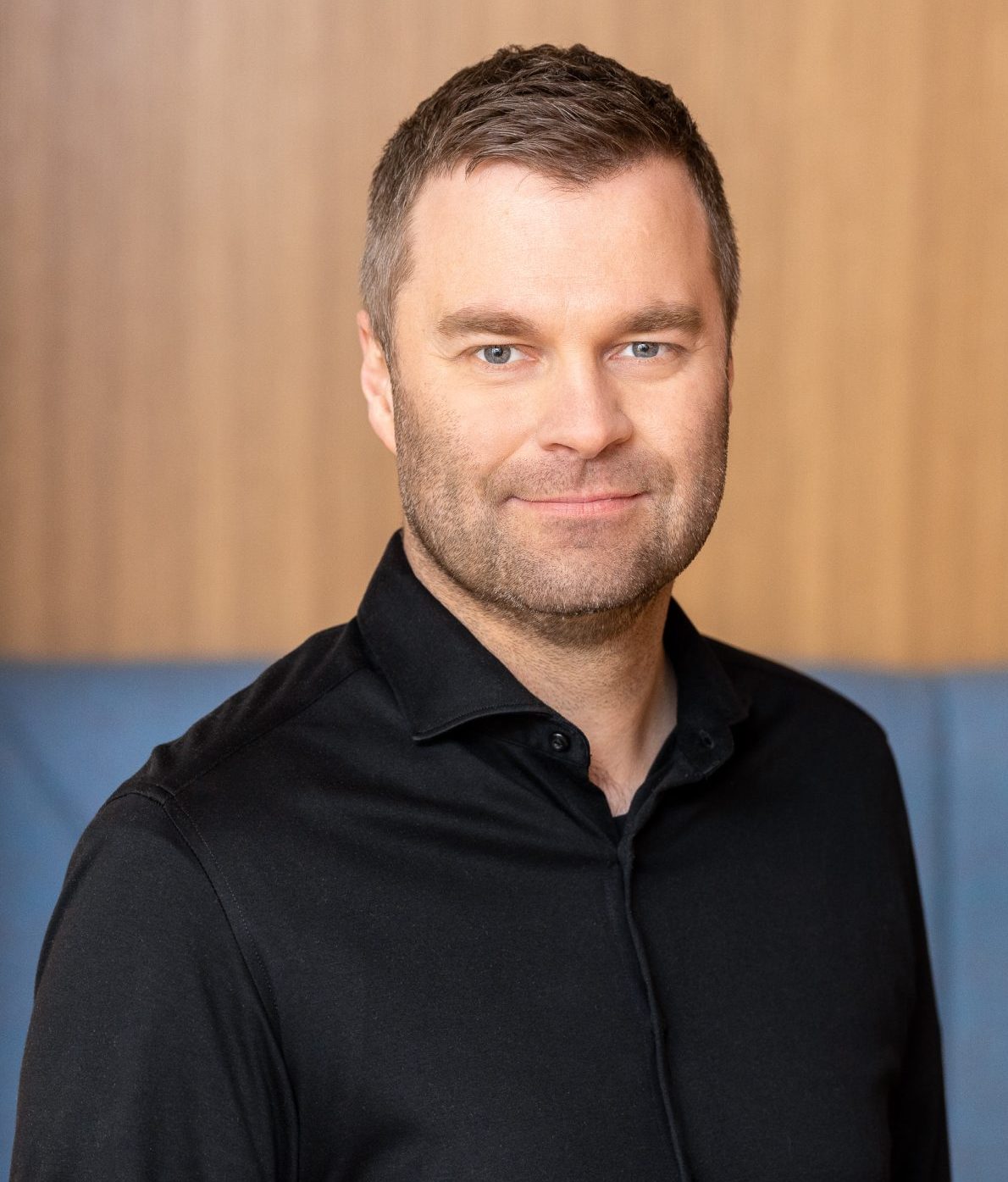Your union Viska is shaking up the Icelandic trade union landscape and has seen its membership rise by 20% in just a short time to nearly 6,000 members, it’s now the country’s 6th-largest trade union. What are the reasons behind this success?
Firstly, let me say a few words about trade unionism in Iceland. Union membership here is very high, at over 90%, given that some health insurance and vocational training schemes are managed by the trade unions.
To get insurance, you need to belong to a union. In addition, employers deduct union dues from employees’ pay at the same time as their health insurance contributions. These are very unusual conditions, compared to the rest of the world.
The downside is that we have too many trade unions here: almost 140 of them, i.e. more than Denmark, even though they have over 4 million inhabitants and we have just under 500,000. Moreover, trade unions don’t have to make much effort to retain their members and are content to manage health insurance and negotiate collective agreements.
In 2020, I became the manager of five trade unions representing employees with university degrees, who shared an office. I came to realise that the fragmented nature of our unions meant that they didn’t have enough power to negotiate good salaries and working conditions for our members. So I then made contact with similar Nordic trade unions (Samfunnsviterne in Norvway, Akavia in Sweden, etc.) that offer their members much more and better services (advice, benefits such as negotiated insurance rates, etc.) than Icelandic unions do. I was inspired by their practices.
As a result, in January 2024, we created Viska by merging three trade unions, with two goals in mind: firstly, providing comprehensive services throughout people’s working lives, from guidance for students through to pension advice, and secondly, influencing collective bargaining to improve their working conditions. And lastly, we also want to take part in public debate by representing middle-class employees, whereas previously, the media always used to turn to trade unions representing manual workers or clerical staff to gather the views of employees.
We’ve now gained real visibility. Three other trade unions have joined us since our union was created. Viska has really shaken up the trade union landscape! Unions don’t enjoy a good public image: young people see them as being old, boring, slow and lacking in appeal. We’re different, and much more modern. We’ve worked hard on building our image, setting up a nice website, pleasant offices and meeting rooms for our members in Reykjavik and providing effective services.

